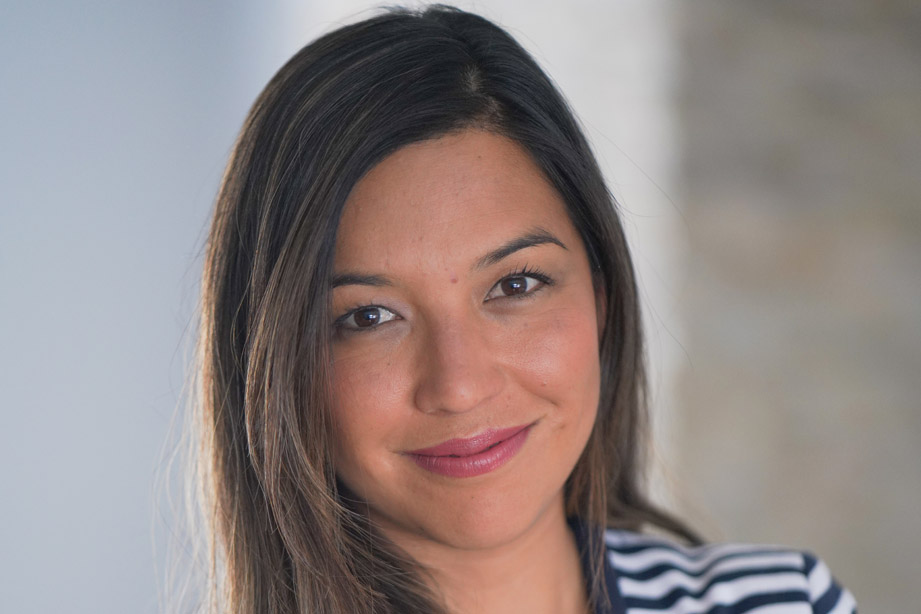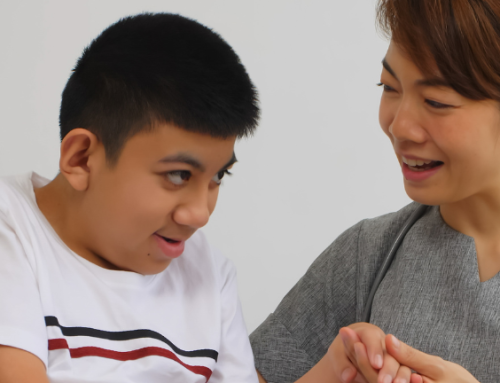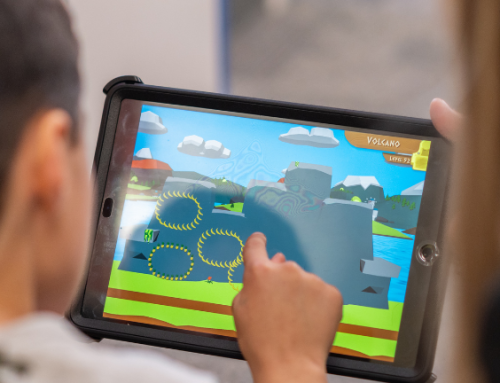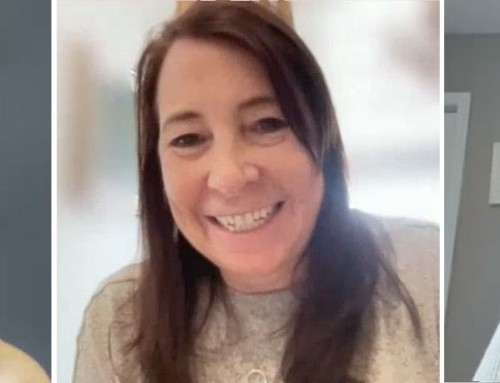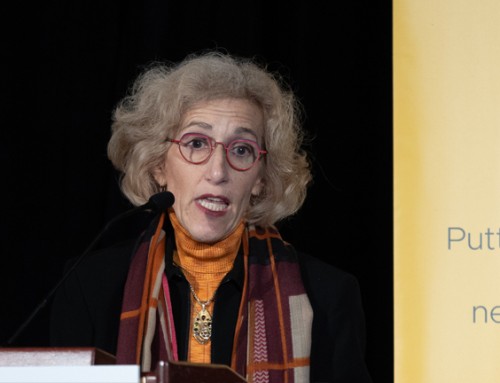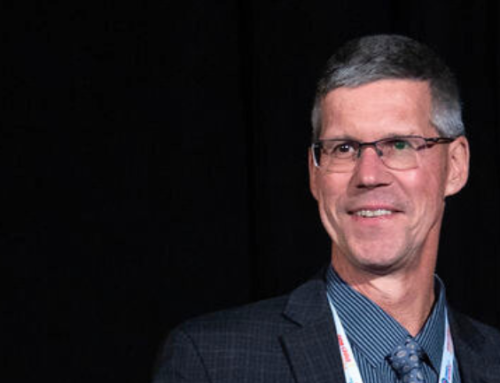When Dr. Keiko Shikako-Thomas was a high school student in Brazil, she volunteered for the Special Olympics. “I just fell in love [with the children],” she recalls. “I saw how they were thriving there, and I was like, ‘That is so cool.’” This experience, combined with a stint as a music teacher, set the stage for her lifelong interest in ensuring that children with disabilities can participate in life roles and activities.
Dr. Shikako-Thomas now holds the Canada Research Chair in Childhood Disability: Participation and Knowledge Translation. Her research program focuses on the promotion of healthy living and the human rights of children with disabilities. Her Canada Research Chair was recently renewed by the Canada Research Chairs Program (CRCP) until 2025, which will allow her to develop frameworks for formal co-operation between governmental policy-makers and academic researchers aiming to improve children’s lives.
Shikako-Thomas trained as an occupational therapist and has significant experience working directly with kids to help them participate in meaningful and beneficial activities such as play, learning, and exercise. As her career progressed, she noticed that many participation barriers are beyond families’ and clinicians’ control.
“While conducting a series of forums with those two stakeholder groups toward the end of my PhD, I found that they were interested [in promoting more participation in leisure activities], but they felt very much like they couldn’t do anything more about it,” she says. “That’s what first started to pique my interest in policy.”
By focusing on the policies that influence crucial factors such as the built environment, funding, programs and regulations, Shikako-Thomas aims to expand her work’s impact. She continues to engage with families but makes sure that governments are also at the table. “It creates a flow of information,” she says, “so that families don’t have to struggle and fight for that adapted transportation, that curved sidewalk, that playground equipment. It will already have been done.”
With five years of funding support from KBHN, Shikako-Thomas and her team created Jooay, an app that helps families find accessible leisure opportunities for their children in their region. Every summer, she hires students to update its content for the coming year. However, she would like to see adaptability and inclusivity become routine aspects of planning a community activity in the long term. “Most municipal governments have a listing of activities on offer,” she says. “They could make an investment in making some— if not all—of their activities accessible, and they could train their staff about how to include people with various types of disability. We shouldn’t actually need to have a separate listing.”
With support from the Employment and Social Development Canada (ESDC), Kids Brain Health Network co-sponsored with CHILD-BRIGHT, a small delegation of disability rights advocates to attend the United Nations’ Convention on the Rights of Persons with Disabilities. With Dr. Shikako, they engaged decision-makers in policy dialogues to shape Canada’s efforts to implement the United Nations’ Convention on the Rights of Persons with Disabilities. She credits these experiences with informing her subsequent research and helping to set her current career trajectory. “Sometimes I miss practicing [in occupational therapy] and wish there were more hours in the day so that I could have enough time for that as well,” Shikako-Thomas says. “But I like this upstream approach because it has the ability to impact the entire system.”


